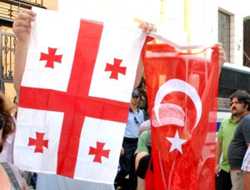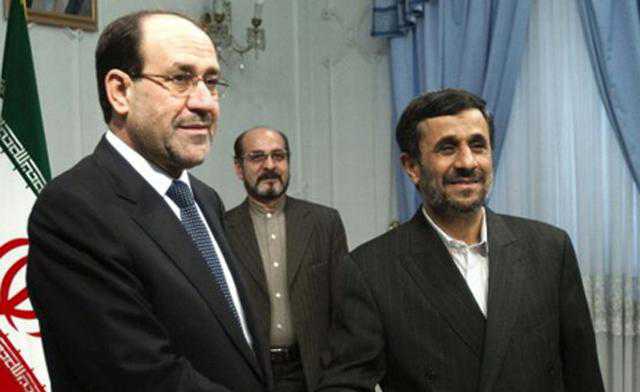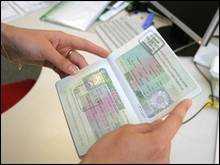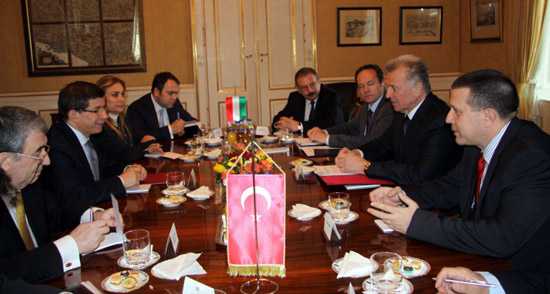FULYA ÖZERKAN
ANKARA – Hürriyet Daily News
As fears run high over Vienna’s retaliation after Ankara’s veto of candidacy of a former Austrian foreign minister to be the secretary-general of the Organization for Security and Cooperation in Europe, or OSCE, it has been learned that Austria is one of the countries blocking Turkey’s visa agreement with the European Union.
“What more can Austria do to complicate Turkey’s EU accession? It is already one of the countries standing in the way of any agreement between Turkey and the EU for visa-free travel,” a source told the Hürriyet Daily News on Tuesday.
Turkey vetoed Austria’s Ursula Plassnik to be OSCE secretary-general citing concerns over her public statements about European identity. The Turkish Foreign Ministry, however, denied any link between its opposition to the Austrian candidate and this action’s negative repercussions on Ankara’s EU negotiations.
“That would demonstrate through which dimension Austria is looking at Turkish-EU relations. Interlinking the two issues is tantamount to comparing apples and oranges,” Foreign Ministry spokesman Selçuk Ünal told the Daily News.
Ünal also dismissed speculation that Ankara and Vienna had reached an accord not to veto each other’s candidates.
“We have opposed the Austrian candidate since the very beginning because of her public statements not reflecting a pan-European vision. Foreign Minister Ahmet Davutoğlu verbally made this clear both to his Austrian counterpart during telephone conversations and to the Lithuanian term presidency of the OSCE,” he said.
“Plus, we were not the only country opposing Austria’s candidate,” said Ünal.
It has been learned that the Russians were also against Plassnik and reluctant to see another European as secretary-general of OSCE. Previous secretary-generals of the organization have been from EU member states Germany, Italy, Slovakia and France.
Turkey warned against pushing for Austrian candidate
Turkey warned the Lithuanian presidency not to push for the Austrian candidate, otherwise it would use its right to veto, it has been revealed.
Turkey’s veto of the Austrian candidate also came after the Lithuanian term presidency’s move to send letters to the representatives of OSCE member states in Vienna saying Plassnik would become secretary-general, a development that angered Ankara.
In return, Turkey, which previously made its position clear verbally in compliance with diplomatic courtesy, dispatched a written note objecting to Plassnik on the argument that two other countries, Greek Cyprus and Armenia, used the same route to oppose the Turkish candidate.
“We have never articulated the word veto. But the first written veto came from Armenia and Greek Cyprus against our candidate. And it appeared we could use the same method,” said Ünal.
“We first refrained from using this method out of diplomatic courtesy, but we clearly told Austria and Lithuania that we would not hesitate to do so if they insist on the Austrian candidate,” he said.
Turkey nominated Ersin Erçin, the country’s ambassador to Brazil and the president’s adviser for European security, for the same position. Italy and Portugal also nominated candidates. Decisions at OSCE are made through consensus.
President did not make any promise, says Ankara
Some news reports, meanwhile, claimed President Abdullah Gül promised Austrian Foreign Minister Michael Spindelegger not to oppose the Austrian candidate during a reception given on May 2, before a dinner hosted by Austrian President Heinz Fischer. Ünal told the Daily News that the Turkish president has not made such a promise and instead emphasized the strong support for the Turkish candidate.
via Austria blocking visa deal between Turkey, EU – Hurriyet Daily News and Economic Review.






